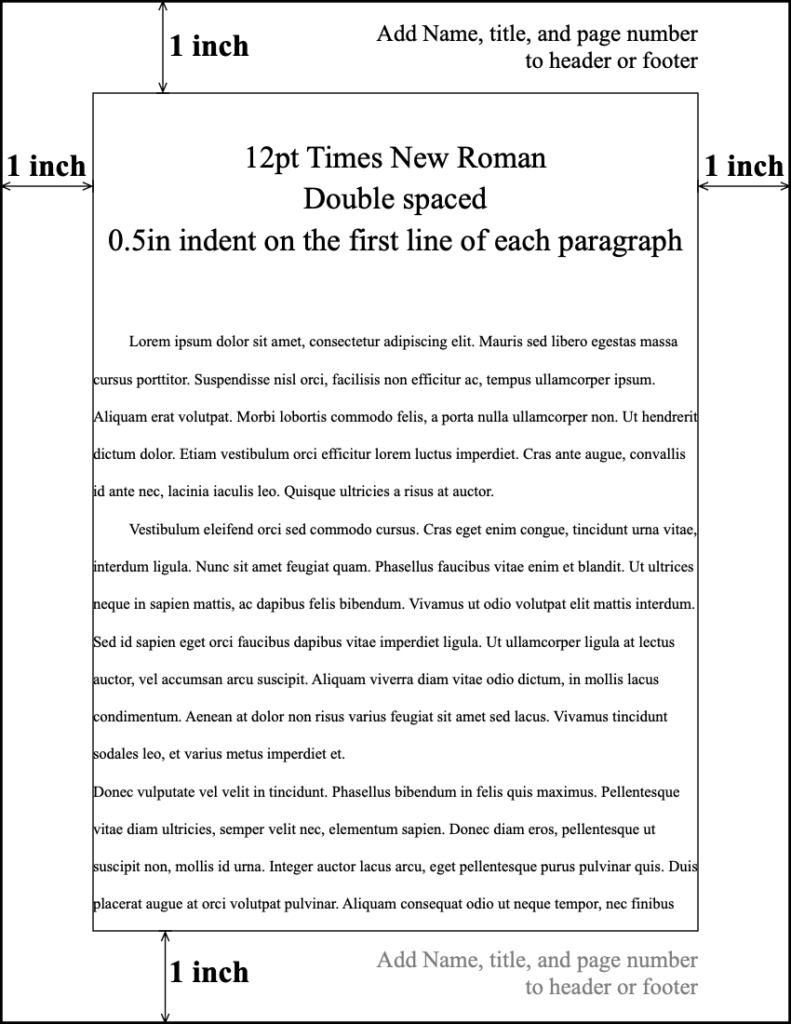The Fort Worth Writers work on all aspects of writing and publishing. Weekly critique meetings help members improve their craft and test out their work in a supportive environment. Meetings are always moderated by a board member.
Manuscripts
In order to focus on the content of the text, manuscripts for critique are presented in a standard format. This format is commonly used for submission to editors, agents, and publishers.
Typically 12-15 copies are required for distribution among the group.
Reviewers should write comments on the page as far as possible, which are returned to the author after the 15-20 min read and critique.
One-inch margins all around.
Twelve-point Times New Roman font.
Double spaced.
Half-inch first-line indent.

Critique Guidelines
To provide feedback on a work is to walk a tightrope. You want to be honest but not brutal. You want to highlight errors and inconsistencies, but not swamp with detail. You want to encourage the author but not take over their work. With this in mind, here are some guidelines to help members and prospective members get the most from these weekly sessions.
Providing Critique
Always critique the manuscript, never the author. “This feels like too much detail” is an opinion, but “You’re hopeless at fight scenes” is an unacceptable personal attack. Board members will always step in if critique crosses this boundary.
Provide a balanced critique. Every piece has positives and negatives. Feedback that highlights both allows an author to understand what works and what doesn’t, and is far more valuable than simply being negative.
The critique of a manuscript is all opinion. For this reason, “I think” and “I feel” are useful phrases. For example, “I feel this is slow” is better than “This is boring.”
It is important to remember is that writing is an art. There is no right and wrong, and there is no universal standard. Often, respecting convention is as important as breaking it.
Avoid asking questions. This encourages discussion and cuts into the time available for others to provide their feedback. If you have a particular point you would like to discuss, there is always an opportunity after the meeting.
Giving positive feedback to be polite does not serve the work or the author. As respectful as you want to be with your commentary, don’t provide false compliments. These are misleading for the author and not in line with the goal of improving the group’s collective writing skills. There are always means to express any reservations you may have with a manuscript without being unkind.
If you don’t have comments or don’t feel able to comment on a piece, say so. It isn’t necessary to comment on everything. For example, if poetry isn’t your thing, just pass. One of the strengths of any group is its diversity, and others will love that subject or genre.
Minor issues such as spelling, punctuation, and word choices should be written on the page. Everyone has typos and the occasional missing word. These only need to be discussed if there is an issue throughout the work.
Receiving Critique
No draft is perfect. Even best-selling authors have editors, revisions, and beta readers. Listen to the comments. It’s the purpose of the group.
Don’t take it personally. Criticism of your work is not criticism of you as a person. Producing a manuscript is hard work, but it’s important to maintain a separation between you and your writing. Board members will always step in if critique crosses this boundary.
Sometimes, what you least want to hear is what you most need to hear. Don’t defend your work. You’re just hearing different opinions. Don’t forget, it’s your work, and you can write it as you see fit. So, if you really don’t agree with a comment, let it go.
Collect everyone’s comments and consider them as a whole before undertaking larger revisions. If you’re unsure, make a copy of your work before proceeding so you can easily go back or try another approach. This often helps overcome doubts when revising a piece of work.